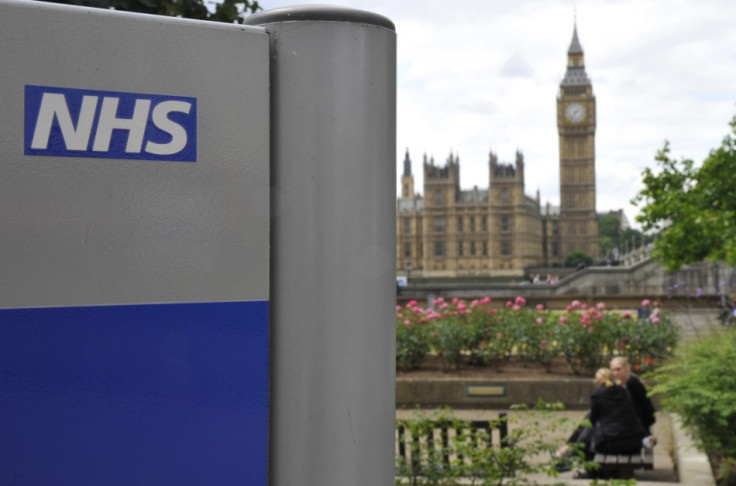Tinnitus of Them Crooked Vultures Fan Robert McIndoe led to Suicide: NHS Condemned

A coroner has criticised the "shameful" NHS after a man stabbed himself when he did not receive treatment for tinnitus for three months following a rock concert.
Robert McIndoe, 52, was left with an unbearable ringing in his ears after watching the hard rock group Them Crooked Vultures, whose members include Foo Fighters' Dave Grohl, Led Zeppelin's John Paul Jones, and Queens of the Stone Age's Josh Homme, at the Brixton Academy in July 2010.
McIndoe had visited three different hospitals and two GPs in order to get treatment for the condition, which had also given him insomnia.
Three months after the gig, the married father-of-two was still suffering from tinnitus and stabbed himself in the heart. His body was found by a relative at his family home in Sydenham Park Road, southeast London.
McIndoe previously attempted suicide because of the tinnitus by taking an overdose of sleeping pills.
He was admitted to hospital for three days following the suicide attempt, where he told a psychiatrist he was prepared to be "deaf or dead" to make the problem go away, Southwark coroner's court heard.
The inquest heard McIndoe visited his GP surgery three times and was referred to an ear, nose and throat specialist at King's College Hospital.
When he visited the hospital, he was told there was no specialists available to see him and was sent to St Thomas' Hospital in south London where he was again turned away. He was eventually seen as an urgent case at the Royal London Hospital in east London.
An appointment letter arrived for McIndoe on 1 November, three days after he was found dead.
On 18 October, McIndoe visited A+E at Lewisham Hospital where he was prescribed sleeping tablets and a doctor promised to fax his GP for an appointment the following day.
But when he visited the surgery at the Wells Park practice in Sydenham, he was told that no note had been received.
McIndoe's wife Shirley told the inquest: "He came away from that appointment really distressed - and felt the GP didn't believe him and was treating him like a malingerer."
McIndoe overdosed on sleeping pills later that day.
Southwark coroner Dr Andrew Harris said that while he could not be sure McIndoe intended to take his own life, there were failings in his care.
Harris said: "The fact that this man repeatedly requested referral and walked across London from hospital to hospital, paid for private consultation, was seen by an ENT specialist and a psychiatrist, but had not started treatment three months after damage to his ears, is a shameful reflection of professional communications and access to services in the NHS."
His psychiatrist Dr Helen Stinson said: "He accepted death as a side-effect of stopping the noise. He had, most likely, acute noise trauma, and my assessment was that he couldn't reassure himself or I that he wasn't going to repeat his overdose or take his life.
"There were several actions he had taken which would deeply alarm a physician. He had written a suicide note and made financial arrangements to pay his mortgage for the next two months."
© Copyright IBTimes 2025. All rights reserved.




















